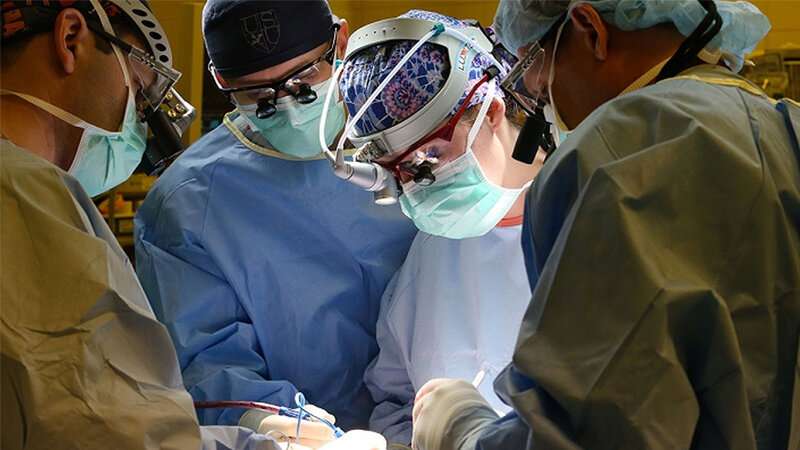
Recent news headlines, such as “Gender gap in self-promotion penalizes women,” “Women less inclined to self-promote than men,” and “Men exaggerate their importance at work while women do the exact opposite,” vividly portray a long-standing problem in the working world: Women often do not evaluate their on-the-job performance accurately. This can create an undeserved gender bias that may result in severe disparities between the sexes in opportunities for leadership roles, career advancement and pay increases.
The medical community is not immune to these disparities. Research suggests that women in medical professions tend to follow the disturbing trend of not assessing their performance properly. Now, investigators at three medical institutions led by Johns Hopkins Medicine have added another group to the list: plastic surgery residents. The researchers showed in a recent study that by the second year of a residency program, self-assessment performance ratings by residents differed significantly from the evaluations by their attending physicians, but not surprisingly, in opposite directions according to gender. Male residents scored themselves much higher than did their advisers, while female residents rated themselves much lower.
“It appears based on our findings that for plastic surgery residents, it takes a year before the gender bias in performance evaluation develops,” says Carisa Cooney, M.P.H., assistant professor of plastic and reconstructive surgery at the Johns Hopkins University School of Medicine and lead author of the study published online on April 23, 2020, in the American Journal of Surgery.
“During the first year of the residency program, we found that both male and female residents significantly underrated their performance,” she explains. “However, the men moved their evaluations upward in post graduate years two to six, while the women continued to significantly underrate themselves over the same period.”
The study team—including researchers from Johns Hopkins Medicine, the University of North Carolina School of Medicine and Baylor Scott & White Medical Center in Texas—examined more than 8,100 evaluations made by 64 residents (25% women) and 51 attending surgeons (29% women) during training programs at the three institutions.
Source: Read Full Article





